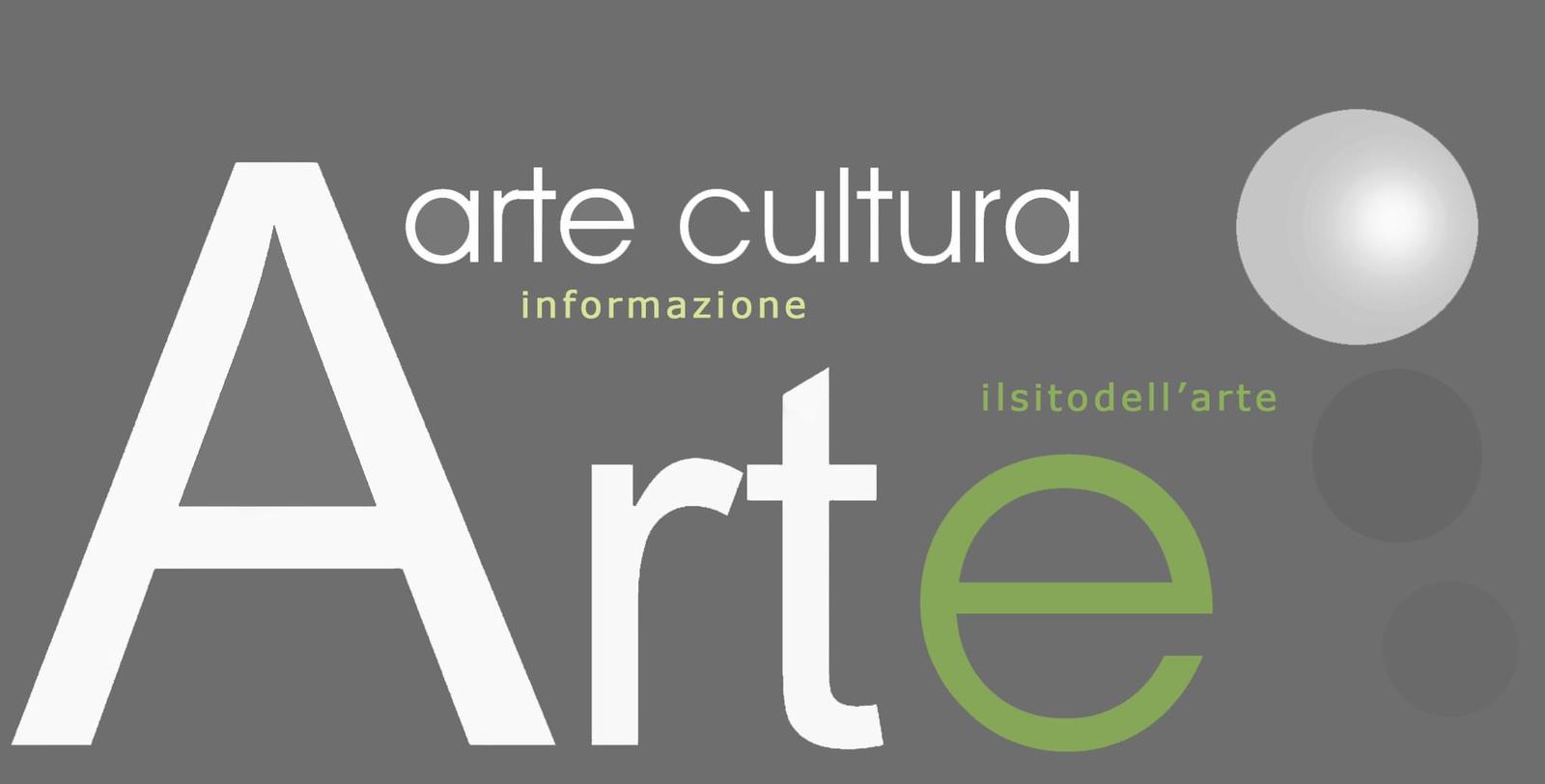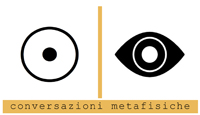Yayoi Kusama Museum is delighted to announce its first major group exhibition, ZERO IS INFINITY, ZERO and Yayoi Kusama, featuring Kusama’s activity in Europe during the 1960s, introducing ZERO’s art practices and also exploring their relationship with Kusama.
“ZERO” indicated in a narrow sense the name of the group formed by Mack and Piene in 1958 in Düsseldorf, Germany, with Günther Uecker later joining in 1961. However, by publishing the magazine ZERO and holding many exhibitions, ZERO’s activity began to involve many active artists, groups and movements from various places in Europe: Yves Klein from France, Piero Manzoni and Enrico Castellani from Italy, and Henk Peeters and Jan Schoonhoven, founding members of Dutch avant-garde group Nul from the Netherlands. Like the resetting of the European continent separated under World War II, ZERO has been a powerful motivation for transnational collaboration between avant-garde artists.
At the time, Yayoi Kusama was based in New York and participated in many exhibitions along with other leading artists of Pop art and Minimalism. While she received high acclaim from the New York art world, she regularly presented her art across Europe, in particular at exhibitions led by ZERO, attracting attention in the European art scene in the 1960s. Kusama’s first invitation to the European exhibitions was for Monochrome Painting (Monochrome Malerei), curated by Udo Kultermann, and held at Morsbroich Museum, Leverkusen in 1960. After participating in this international exhibition, Kusama started correspondence with ZERO artists such as Peeters. Kusama’s pursuit of “Infinity” through her art finds various similarities with artistic expressions in the works of ZERO artists: in their experiments with new materials such as mirror, repetitions of single motifs, pursuit of monochrome and their orientations towards environment art and performance.
In this context, ZERO IS INFINITY explores the transnational developments in Kusama’s and ZERO’s activities during the 1960s, by showcasing their works and documentation materials. The group show displays a work from Infinity Nets, Kusama’s monochrome painting series, a series shown in Europe for the first time at the above-mentioned exhibition in 1960. The newest work in her Infinity Mirror Rooms series, Longing for Infinite Heaven, as well as a reproduction of Christian Megert’s Mirror Wall (Spiegelwand) installation are also presented. Other highlights of the exhibition include another Kusama installation, Narcissus Garden,which was first presented in the 33rd Venice Biennale in 1966 with financial support from Lucio Fontana, who also exhibits an artwork from his signature series Spatial Concept (Concetto Spaziale) at this show.Continue Reading..





